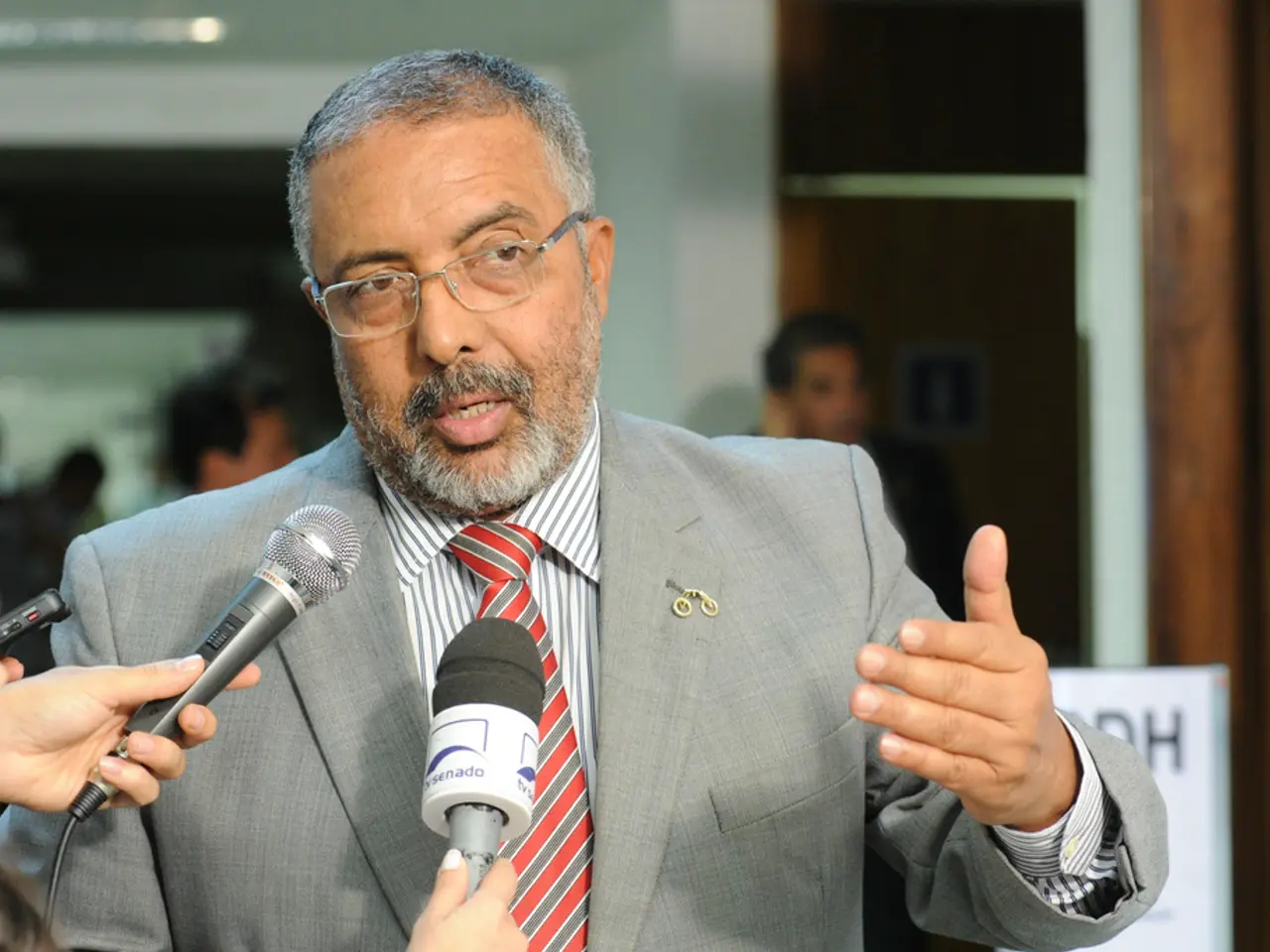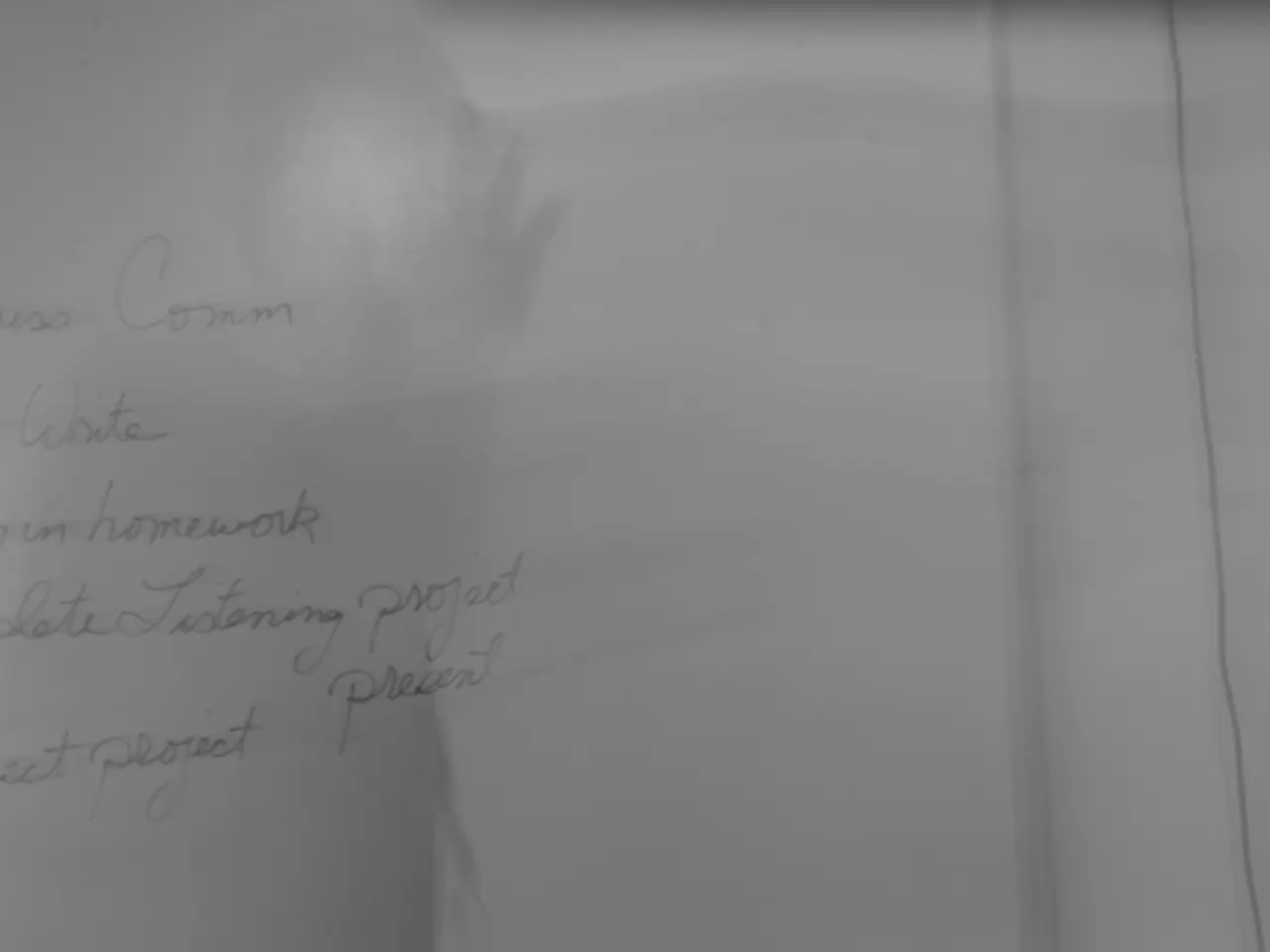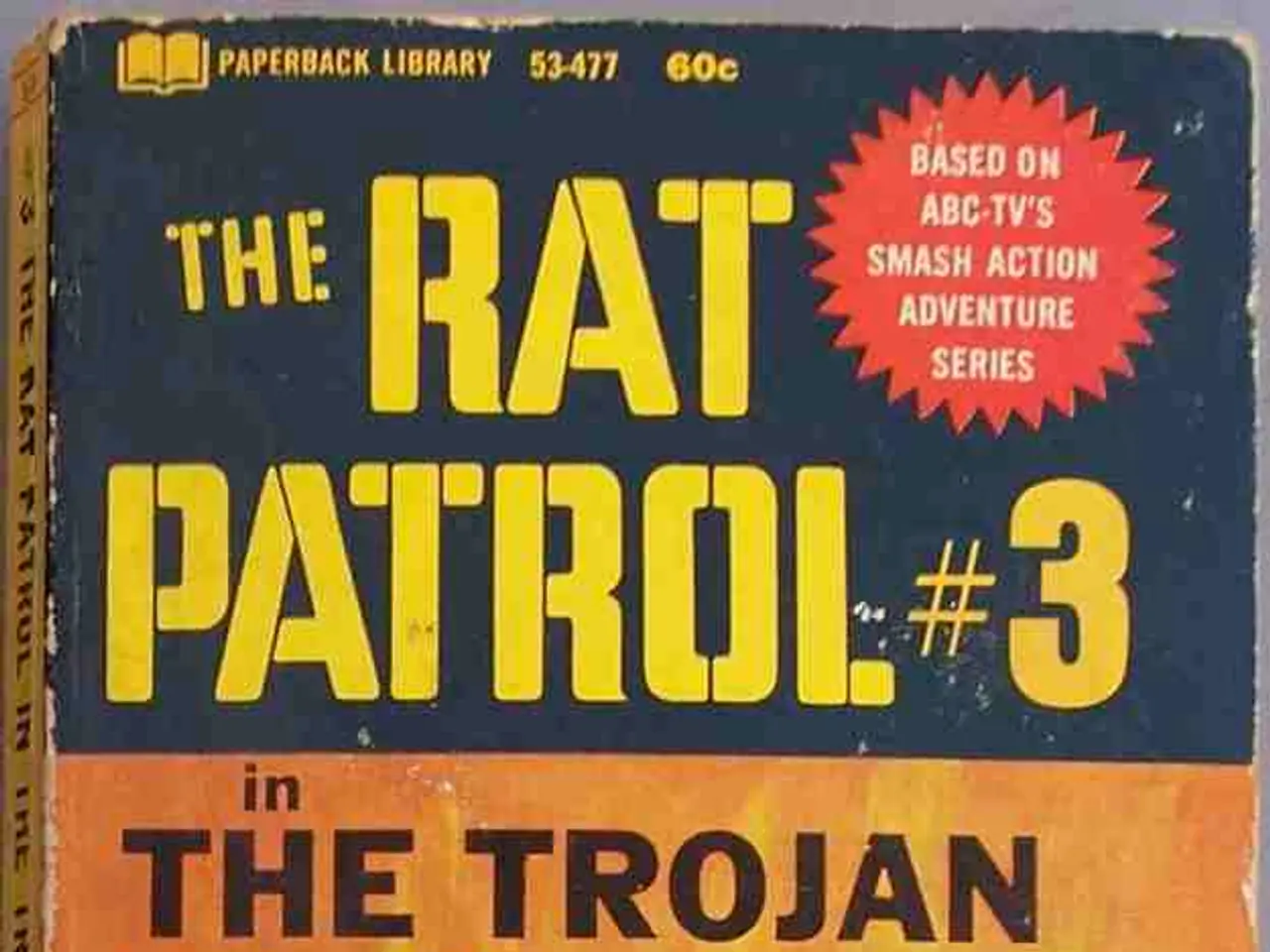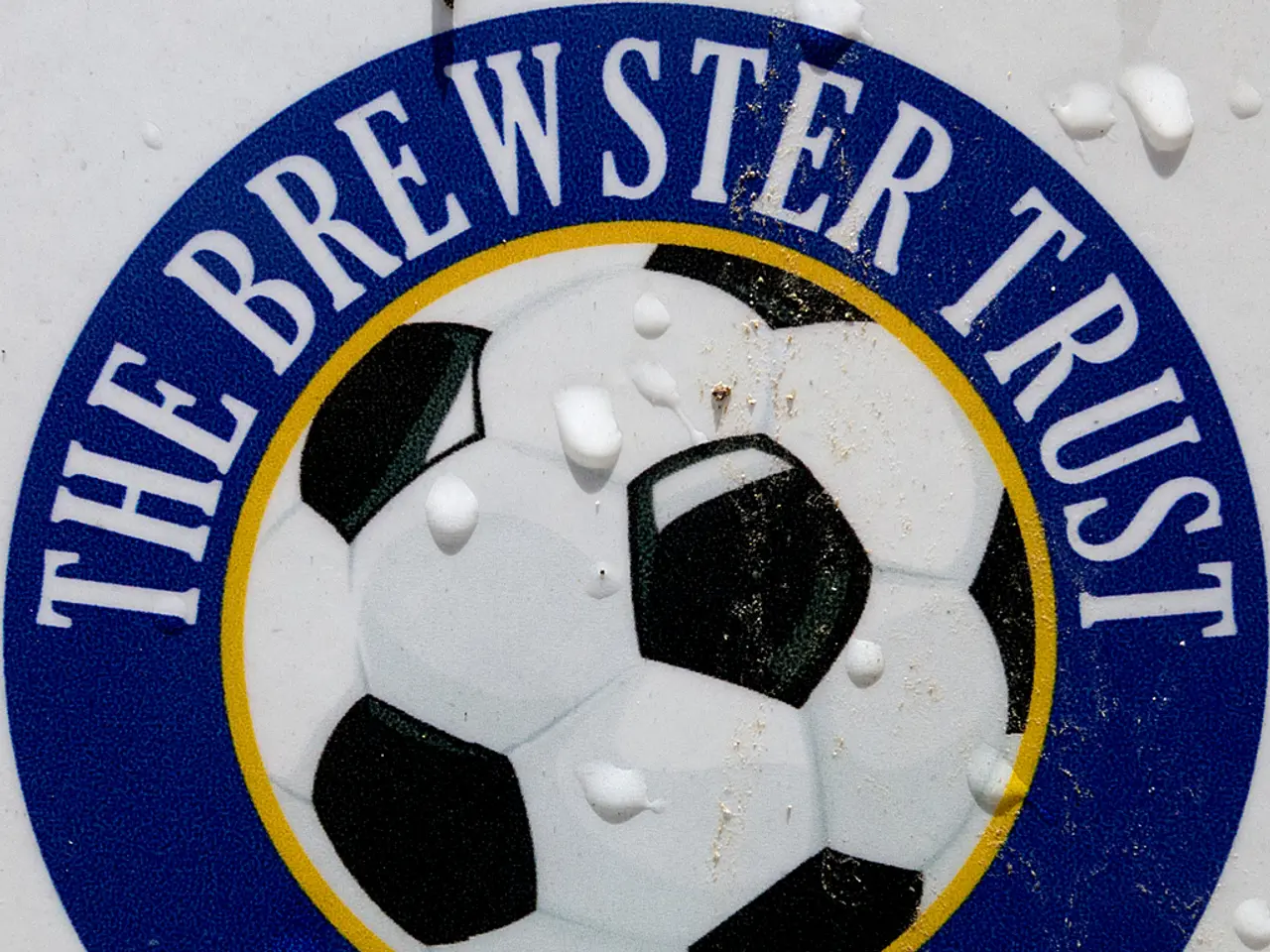"Pictures show the distressing state of the hostages, revealing the brutal nature of Hamas."
In the troubled region of Gaza, the hostage situation involving around 50 Israeli citizens continues unabated, with Hamas reportedly holding onto the captives. Recent videos released by Hamas have shown some of the hostages in a severely emaciated and fragile state, leading to widespread outrage and calls for their immediate release.
The disturbing images have been interpreted as a tactic by Hamas to pressure the Israeli government into concessions amid stalled ceasefire talks. Meanwhile, tens of thousands of Israelis have protested in Tel Aviv, demanding the release of the hostages and emphasizing that any ceasefire should involve the immediate and complete return of all captives.
The international community is also taking notice. The United Nations Security Council has held briefings expressing deep concern over the "unbearable" conditions faced by Palestinian civilians in Gaza and the ongoing hostage crisis. These sessions have highlighted the humanitarian crisis in Gaza alongside the security challenges posed by the hostage situation.
Israel has called on the international community to maintain focus on the plight of the hostages during these discussions. The Israeli Prime Minister, Benjamin Netanyahu, has expressed "profound consternation" at the latest videos of the Israeli hostages in the Gaza Strip released by Hamas and Islamic Jihad.
The war in Gaza, which was triggered by attacks on Israeli territory carried out by various groups led by Hamas in October 2023, has resulted in the displacement of hundreds of thousands of people and caused over 60,300 deaths, according to data from the Palestinian Ministry of Health. The UN considers this data reliable.
The hostages, aged 24, were kidnapped during the initial attacks, with around 250 hostages reportedly taken at the time. The videos of the hostages have reignited the debate on the need to reach an agreement for their release as soon as possible.
Netanyahu commented that the "cruelty of Hamas knows no bounds," as the militants are deliberately starving the hostages and filming them in a cynical and hateful manner. In a propaganda video, images of malnourished children in Gaza are interspersed with those of one of the hostages, Evyatar David, who is shown locked in a tunnel.
The phrase "They eat what we eat" is used in the video featuring Evyatar David. Netanyahu had a long conversation with the families of hostages Rom Breslevski and Evyatar David, who were displayed in the latest videos.
Kaja Kallas, the Prime Minister of Estonia, has also entered the fray, calling for Hamas to lay down its arms and end its rule over Gaza. Kallas has also argued for large-scale humanitarian aid to reach those in need.
The situation remains tense, with international diplomatic efforts continuing to pressure for a resolution amid a deteriorating humanitarian context in Gaza and heightened tensions between Israel and Hamas. The images of the emaciated hostages have sparked outrage in Israel and reignited the debate on their release.
- The ongoing hostage crisis in Gaza, where Hamas is holding around 50 Israeli citizens, has become a focal point of politics and general news, with many calling for policy-and-legislation changes that could lead to their immediate release.
- The Middle East's troubled region of Gaza, plagued by war-and-conflicts and humanitarian crises, has gained attention from the international community, with the United Nations Security Council expressing deep concern over the ongoing hostage crisis and the unbearable conditions faced by Palestinians.
- The hostage situation in Gaza, marked by the release of disturbing videos showing the emaciated state of captives like Evyatar David, has ignited a debate on crime-and-justice and the need for Hamas to end its rule, with politicians like Kaja Kallas of Estonia calling for a disarmament of Hamas and humanitarian aid for those in need.







